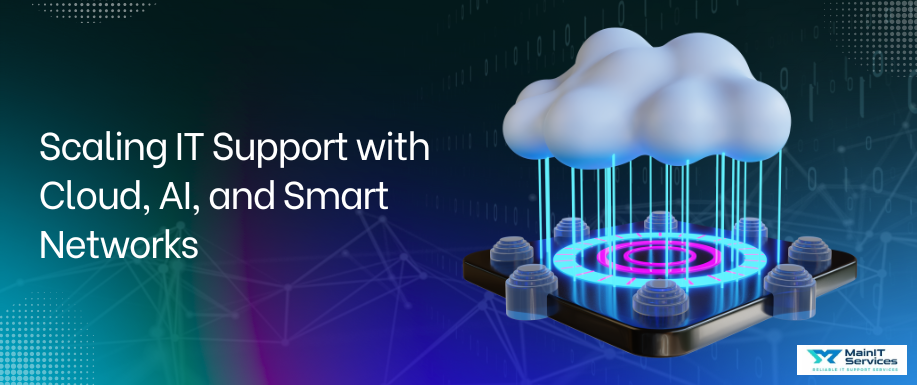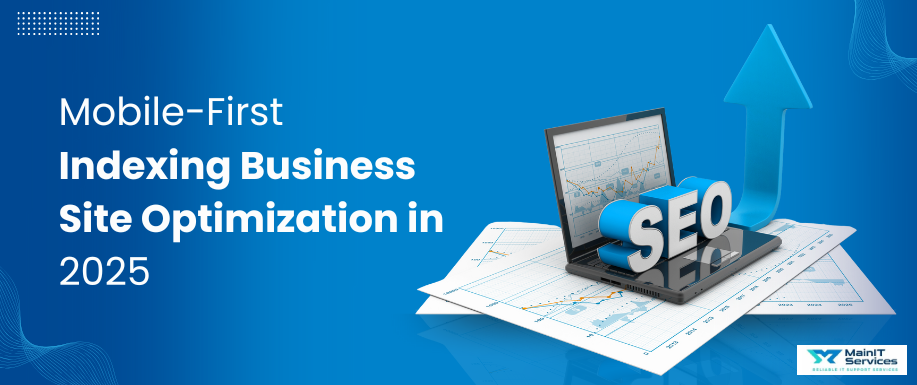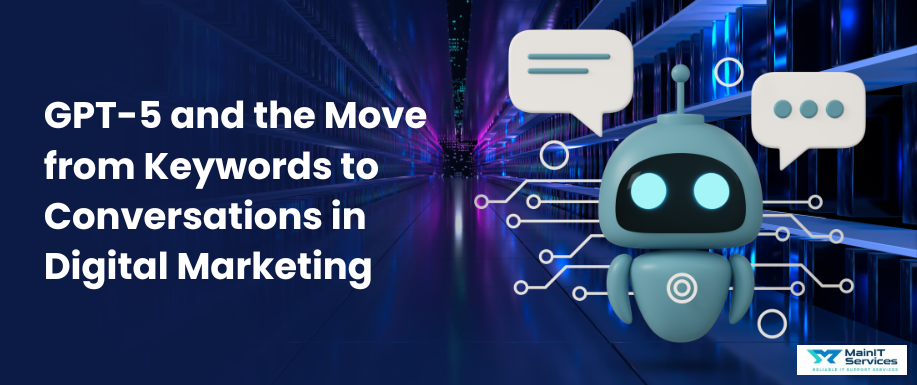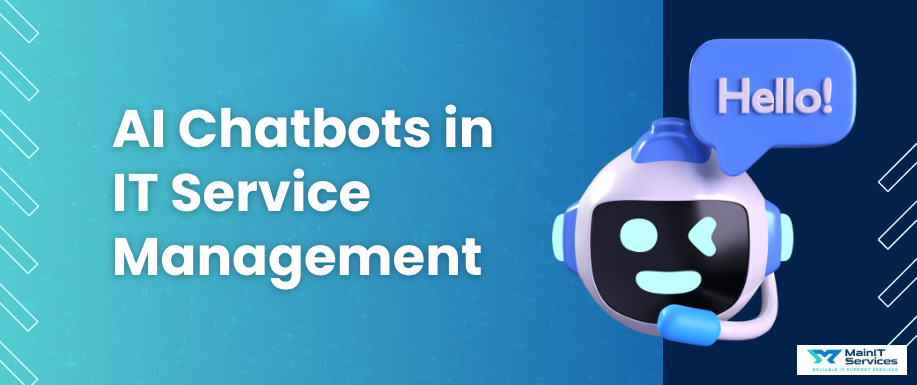
In this time where business is done across time zones and clients expect remedies immediately, the limitations of conventional IT infrastructure are now more evident than ever. Slow response times, manual diagnostic processes, and resource-intensive operations can no longer satisfy today's needs.
The integration of cloud computing, artificial intelligence (AI), and intelligent networks provides the new path. Together, these technologies enable organizations to scale IT support seamlessly, enabling instant resolution of issues, low downtime, and maximum utilization of resources.
Scalable IT Support With Cloud Services& The Requirements
As organizations expand, their IT environments also grow in complexity. The transition to remote and hybrid workplaces, the proliferation of globally dispersed teams, and the use of cloud-hosted applications have stretched IT organizations to their limits.
Scaling IT support is no longer a matter of adding more technicians or bigger servers; it's a matter of building flexible systems that can scale to meet unpredictable workloads. Without scalability, IT departments experience long resolution times, unhappy users, and increased operational expense.
New-school scalability is the bigger picture about being able to respond to sudden bursts of demand, provide consistent performance across geographies, and automate routine processes so human skill is left to tackle tough issues.
Related: Future Trends in IT Support, AI, Automation & Smart Networks
The Function of Cloud in IT Scalability
Cloud computing is the cornerstone for contemporary IT scalability. By hosting infrastructure and support tools within the cloud, companies acquire the means to assign resources dynamically with changing demand. Whether it is responding to an unexpected helpdesk ticket spike or distributing updates within an international network, cloud platforms facilitate effortless execution without expensive hardware outlays.
Cloud IT Service Management (ITSM) platforms put monitoring, ticket tracking, and channels in one location so that visibility and control of the entire support operation are maintained. With providers such as AWS, Azure, and Google Cloud having strong integration capabilities, organizations can automate processes, enhance response times, and support remote workers effortlessly.
AI as the Engine of Modern IT Support With Cloud Network
Artificial intelligence is redefining IT support as a proactive service rather than a reactive function. Smart automation enables mundane requests like password reset or software installation to be dealt with in an instant by AI-based chatbots, leaving the IT personnel to concentrate on mission-critical issues.
Machine learning-based algorithms read historical patterns to anticipate system failures, enabling the teams to resolve issues before they affect operations. This foresight ability is priceless in avoiding downtime and ensuring higher service reliability. In addition to automation, AI provides user support personalization, adapting solutions based on one's needs and past interactions, thereby streamlining the IT support process for employees and customers alike.
Intelligent Networks as the Foundation for Scale
Intelligent networks are the behind-the-scenes backbone that makes it possible for IT support to scale effectively. With inbuilt self-healing mechanisms, real-time analysis, and automated settings, intelligent networks minimize the need for manual debugging. Self-healing mechanisms identify anomalies, divert traffic, and make adjustments automatically without human involvement, providing constant connectivity.
Solutions such as Software-Defined Wide Area Networking (SD-WAN) enable organizations to optimize traffic for business-critical applications, enhancing performance and reliability across locations. By integrating real-time visibility with smart routing, intelligent networks enable IT teams to spend time driving innovation instead of putting out fires on the network.
The Power of Integration & Cloud + AI + Smart Networks
Each of these technologies provides substantial value on its own, but its real power comes from when they combine. Analytics powered by AI can handle massive data streams produced by cloud-hosted smart networks and provide actionable insights in real-time.
This integration provides proactive IT support with cloud networks, wherein systems detect and resolve issues before users are even aware of their existence. Cloud architecture provides worldwide availability, AI powers automation and insight, and smart networks offer the performance and fault tolerance to support high workloads without degradation. The outcome is an IT support function that scales with ease without compromising service quality levels.
Business Advantages of Scaling IT Support with New Technologies
Companies which adopt cloud, AI, and intelligent networks for IT support have multiple advantages. Cost-effectiveness comes from automation and lower hardware needs, while operational resilience is enhanced through predictive maintenance and self-healing capabilities.
Users and customers enjoy quicker response times and customized support experiences that result in greater satisfaction and loyalty. In addition, scalable IT support equips companies to meet future innovation needs, with infrastructure able to support increasing demands from AI workloads, IoT devices, and next-generation connectivity like 5G.
Related: The Impact of User Experience on Search Engine Rankings
Challenges & Considerations For Cloud, AI, and Smart Networks
Though there are definite advantages, implementation of these technologies involves challenges that companies must overcome. Security threats grow as IT support systems get more interlinked and information crosses more than one platform. Operating AI-powered functions and intelligent network configurations involves specialized expertise, meaning that specialized training or targeted recruitment would be necessary.
Vendor lock-in reduces flexibility, so planning and vendor choice are critical. Data privacy compliance needs to be a high priority as well, particularly if support operations cut across multiple states. Tackling these issues in advance will guarantee seamless integration and future success.
Future Outlook For IT Support With Cloud Services
The future of IT support is toward completely independent systems, in which AI, cloud infrastructure, and intelligent networks collaborate to provide "no-touch" service. Predictive and preventative models will supplant reactive models to allow organizations to run at minimal downtime.
Edge computing will complement cloud infrastructure so that data can be processed near where it is generated, minimizing latency and maximizing responsiveness even more. Next-generation technologies like quantum networking may rewire connectivity and enable even new scalability for IT support with Cloud Services. Companies that invest in these capacities today will be well-positioned to dominate a more competitive digital economy.
Conclusion
Scaling IT support is no longer simply a matter of adding capacity; it's about developing an intelligent, responsive, and resilient system. Leveraging the power of cloud technology, AI-powered automation, and smart network infrastructure, companies can balance increasing demand without sacrificing service quality. The companies that embrace these technologies today will not only maximize their operational efficiency but also future-proof their IT support for tomorrow's challenges and opportunities.
Main IT Services is expert at providing state-of-the-art IT support services that combine cloud infrastructure, AI automation, and intelligent network capabilities. No matter if you want to transform your helpdesk, enhance system uptime, or get your infrastructure geared up for growth, our team has the expertise and tools to deliver it. Reach out to Main IT Services today and learn how we can assist you to scale faster, smarter, and more securely.

.png)

